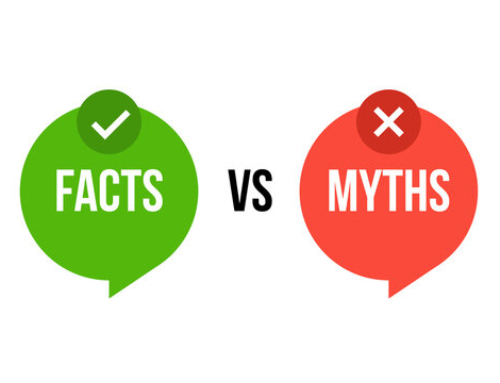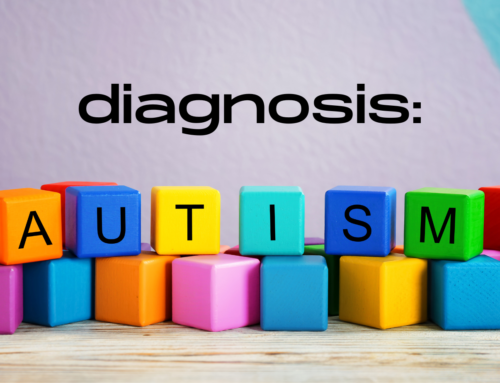Sensory therapy isn’t a foolproof way to address autism in children; in fact, there is no conclusive
evidence that it has any effect at all. Tests involving various forms of sensory therapy, such as massage therapy, music therapy, or sue of weighted blankets, do not show consistent enough results for researchers to conclude that sensory therapy benefits autistic children in any way. Various tests involving special diets, such as going gluten- or casein-free, also proved inconclusive. There are some theories that sensory therapy may be no less risky than traditional medication, despite most likely being less effective. However, the success of sensory therapy is most likely case by case. What works for one individual may not be effective for another. Many treatments and therapies for autism are new, and thus not widely researched, so it can take some time to figure out what is and what isn’t a good fit. Perhaps the best course of action that parents of children with autism can take is to closely monitor and take note of what is and is not effective for the child, and treating the child accordingly.






